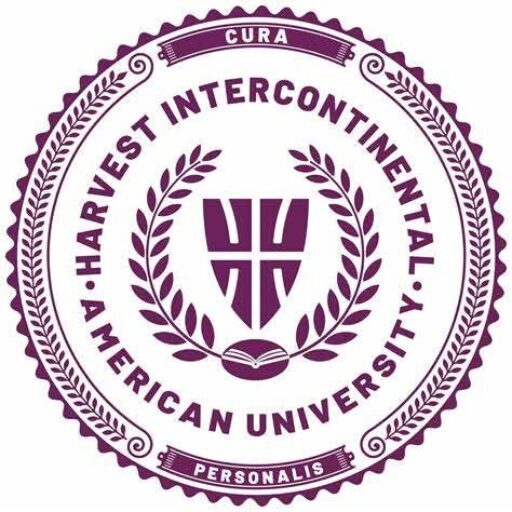
Overview
As a broad field, science and technology encompass various disciplines, including technology, environmental science, information technology, and engineering. Professionals in science and technology can be found across nearly every sector, from government to manufacturing to pharmaceuticals. This guide provides a high-level overview of these areas. The program is designed for potential careers in the life or medical sciences and technology. It meets the minimum requirements for entry into any medical school or advanced studies in the life sciences. It introduces students to contemporary topics in biology and provides them with a competitive academic edge. Additionally, it enhances students’ readiness for the scientific community, increases their chances for employment or admission to graduate and professional schools, and boosts their contributions to national development.
The primary goal of the College of Science, Technology, and Allied Health curriculum is to address two major challenges facing Liberia and other developing nations. There is an existing global shortage of healthcare professionals. While one may expect the situation to change in the coming years, the long-lasting effects of the pandemic will undoubtedly result in a sustained demand for skilled allied health workers. There is significant variation in the quality and safety of healthcare education and delivery in West Africa. These disparities in workforce distribution, combined with a long history of brain drain, have contributed to a healthcare crisis that HIAU can help alleviate. The College of Science, Technology & Applied Health will offer six Bachelor of Science degrees: B.S. in Science and Technology, B.S. in Nursing, B.S. in Environmental Science, B.S. in Laboratory Science, B.S. in Information Technology (IT), and B.S. in Health Administration.
